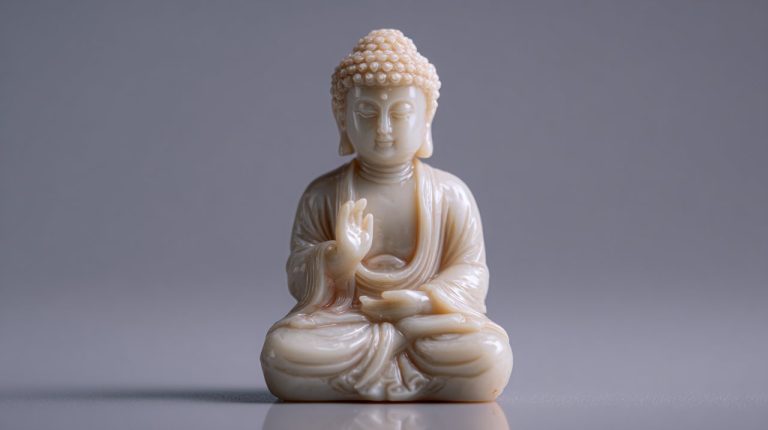Buddhism is a profound spiritual tradition rooted in the teachings of Siddhartha Gautama, offering a transformative path to inner peace and enlightenment. It emphasizes understanding the nature of suffering, cultivating compassion, and developing wisdom through mindfulness and ethical conduct. This ancient philosophy provides practical frameworks for navigating life's complexities and fostering genuine well-being.
What is Buddhism and Why Does It Matter?
At its core, Buddhism is not a dogma but a comprehensive system of practices and philosophies aimed at alleviating suffering and achieving ultimate liberation, known as Nirvana. Originating in ancient India around the 6th century BCE with the awakening of Siddhartha Gautama, its focus is less on a divine creator and more on individual transformation through self-observation and ethical living.
- Universal Relevance: Its teachings on impermanence, interconnectedness, and the cessation of suffering resonate deeply across cultures, offering solace and perspective in a rapidly changing world.
- Personal Transformation: Buddhism provides practical tools, notably meditation and mindfulness, to reduce stress, enhance mental clarity, and cultivate positive emotions like loving-kindness.
- Ethical Framework: It promotes compassion, non-harming, and ethical conduct as foundational principles for a harmonious society and personal integrity.
What Are The Key Concepts Within Buddhism?
Understanding Buddhism involves grasping several foundational principles that guide its practices and philosophy. Central among these are the Four Noble Truths, which articulate the nature of suffering, its origin, its cessation, and the path to its cessation. This path is further elaborated by the Eightfold Path, a practical guide for ethical conduct, mental discipline, and wisdom.
- Karma and Rebirth: Actions driven by intention create karmic imprints, influencing future experiences in a continuous cycle until liberation.
- Anatta (No-Self): This profound teaching explains that there is no permanent, unchanging self, but rather an ever-changing aggregation of physical and mental phenomena.
- Mindfulness and Meditation: These are core practices for developing awareness and insight. Many practitioners utilize tools like Mala beads for counting mantras and focusing during meditation sessions.
- Compassion (Karuna) and Loving-Kindness (Metta): These are essential virtues cultivated towards all sentient beings, extending beyond human relationships to encompass all life.
How Can You Begin Exploring Buddhist Principles?
Embarking on a journey with Buddhist principles does not require formal conversion; it is an invitation to explore and experience its teachings for oneself. Many begin by simply learning about the core tenets and integrating mindfulness into daily life. Engage with resources that demystify complex concepts, making them accessible for modern application.
- Read and Learn: Start with foundational texts or contemporary interpretations that resonate with your current understanding.
- Practice Mindfulness: Simple breathing exercises or focused attention on daily activities can be powerful entry points to developing greater awareness.
- Engage with Symbols: Explore the rich elephant symbolism in Buddhist art, representing strength and wisdom, or understand the protective significance of objects like Dzi beads, often worn for good fortune.
- Find Community: While not essential, joining a local sangha (community) or online group can provide invaluable support, guidance, and shared practice.
Whether you are seeking to reduce stress, cultivate inner peace, or simply understand a profound spiritual tradition, the path of Buddhism offers rich insights. We invite you to explore the articles within this category to deepen your understanding of its practices, philosophy, and enduring cultural influence.












